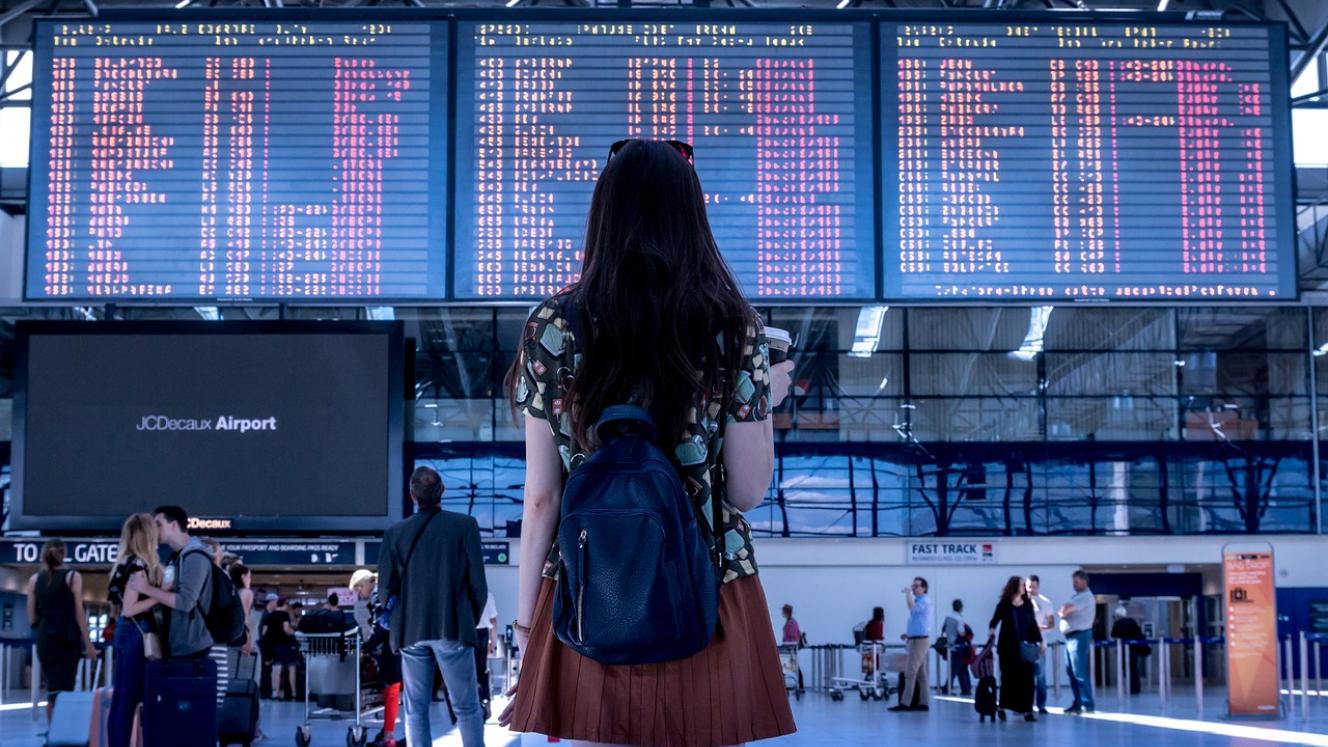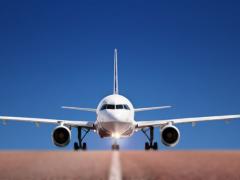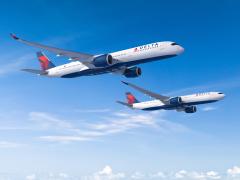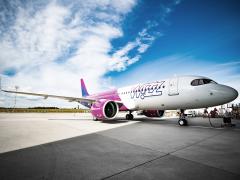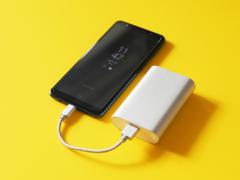SITA has published the 2023 Passenger IT Insights report, which found that, as demand for travel increased post-pandemic, customers have had more disrupted travel experiences due to lingering shortages of airline and airport staff and resources.
It found that over half the passenger survey respondents encountered flight delays and cancellations, highlighting the negative impact this has on their travel experience. Due to this, one third of the respondents reported feeling anxious during the booking stage of their journey.
As a result, passengers are relying more on technology to optimise every aspect of their travel experience, including to address difficult points in the airport journey, to support air transport sustainability and to streamline intermodal travel.
This includes increased usage of mobile technology to remotely control the journey as applications have emerged to boost usage across bookings, and make check-in, access dwell time, boarding time and baggage collection more efficient. One fifth of the respondents reported that they would use pre-arrival automated check-in systems to maximise the efficiency of their trips and to ensure their documents were sufficient to pass border checks.
These disruptions have made passengers more open to adopting modern technology, including biometric identification technology to make airport experiences frictionless. In 2022, respondents’ comfort levels with biometric technology averaged 7,26 out of 10, however this year the comfort level average increased to 7,36.
The report found that new technologies used to support sustainability were the number-one initiative passengers would value most for both airlines (64%) and airports (62%). Sustainability’s prioritisation has increased from about 50% in 2022. Technologies include flight path optimisation to reduce fuel burn by airlines, and tools that monitor data on environmental performance to reduce emissions at the airport.
Furthermore, as awareness around sustainability grows, the demand for integrated intermodal transportation technology has grown, with 76% of respondents expecting to have trips that require multiple modes of transport. Due to this, interest in technology streamlining this experience across the entire journey door-to-door has increased, with passengers seeing intermodal as a new realm of travel that technology has the power to optimise with greater automation.
One-third of respondents expressed interest in being able to drop their bags at their journey start point and have them arrive at their end destination, and nearly one-third would like to see travel operators co-ordinate when disruptions occurred and respond with necessary changes.
“When planning travel, cost is just one of the factors affecting travellers’ willingness to book flights. Experience at the airport has become fundamental to passengers’ decision making, and travellers are telling the industry loud and clear: the more they are subjected to clunky and inefficient processes, the more likely they are to consider other options,” said David Lavorel, SITA CEO. “Passengers are pointing to a clear way forward for the industry: now more than ever they recognise smart technologies as key to streamlining travel while reducing its environmental impacts, both for air travel alone and for the broader intermodal ecosystem.”
